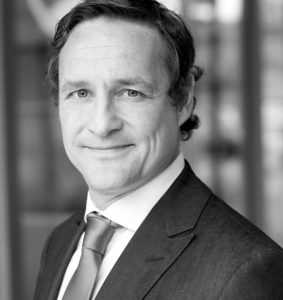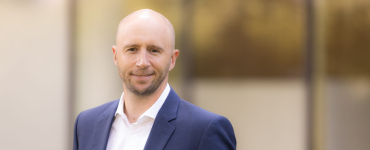In a letter to the EU Commission made public yesterday, the Ministers of the Interior of Germany and France called for legislation to combat terrorist propaganda on online platforms. The joint letter from Horst Seehofer and Gérard Collomb had already been sent to the EU Commission in mid-April, but has only now come into the public domain through the blog netzpolitig.org. If it were up to the Ministers of the Interior, platform providers would be obliged to remove “illegal terrorist content” within one hour. Smaller platforms would be supported by the big ones – and gradually this means of handling terrorism online would be extended to child pornography and then to “other illegal content”.
For Oliver Süme, Chair of eco – Association of the Internet Industry, the proposal is inexplicable, especially given the significant progress made by platform providers in a short space of time in the fight against illegal content online; progress which is evidenced, for example, in the EU Transparency Report. Moreover, the envisaged legal obligation is not one which could realistically be implemented. As Süme observes: “The Internet is not a legal vacuum; at European level we have the eCommerce Directive, which defines the basic principles according to which providers can be held liable for content. According to the existing legislation, illegal content must already be immediately deleted upon platform operators attaining knowledge of it. In this respect, a legal change is not at all necessary.”
The ramifications of the proposed legal obligations are regarded by the eco Chairman as being extremely problematic: “The plans of the Ministers of the Interior signify a departure from the principles of the eCommerce Directive to a proactive examination of all content by the providers. The consequence of such a policy would be mass overblocking, in order to avoid the threat of sanctions and to comply with legal requirements.”
Smaller platform providers would be forced into becoming dependent
Moreover, the expectation that smaller platforms could meet such obligations with the help of large companies is unrealistic.
“Many simply lack the technical prerequisites for this – even if the big players did decide to share their technologies without restriction,” says Süme. Moreover, almost all European platforms would be rendered dependent on a few large American companies. “I doubt that the German and French Ministers of the Interior are conscious of this implication.”
Consistent criminal prosecution is essential in the fight against terrorist content
Instead of creating new legislation, consistent criminal prosecution is the key to effectively combatting crimes on the Internet. The state must combat the cause of the problem by effectively prosecuting the perpetrators: “We need more public prosecutors and judges so that the State can fulfil its law enforcement mandate. This cannot increasingly be shunted off to the private sector, especially not in the case of terrorism,” says Süme.
The Association of the Internet Industry is also extremely critical of the proposed extension of the restrictive regulations to “other illegal content”. “This would mean a paradigm shift in the liability of providers – away from the ‘notice and action’ principle towards proactive measures, mandatory upload filters, and a censorship infrastructure.” The proposal would thus undermine provider privilege and would represent a direct attack on the freedom of opinion of all, warns the Association of the Internet Industry.




